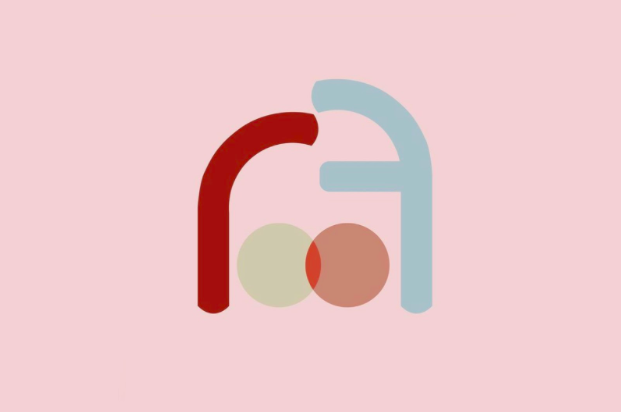Ryerson students replace Period.org on campus and expand their focus on inclusivity

their mission statement. (Julia Lukaski-Dolecki)
Ryerson students have formed a new reproductive equity group called “The Roof”, after breaking away from an international group that has become mired in controversy.
Emily Mackey, the founder of the project, said the group was born out of love and passion for reproductive health and the impact that education can have on the Ryerson community.
“I have been invested in the menstrual movement for a few years now,” Mackey said. “It started with my own health issues and finding that there was a lack of support and information about not only menstrual health issues but menstrual health in general.”
The Roof aims to cover reproductive health in a broad sense, instead of just focusing on menstruation.
It launched earlier this month and is the product of the disbandment of PERIOD @ Ryerson, previously run by Mackey and her team. The group disbanded from the International PERIOD group as a result of allegations of racism made against founder Nadya Okamato, among other reasons, earlier this month.
Okamato allegedly exploited and discredited BIPOC-run menstrual organizations, as detailed by Ileri Jaiyeoba in an article she wrote about her own experience with Okamato.
“We were really disheartened with the allegations against Nadya and PERIOD. It definitely played into our decision to disband,” Mackey said. ”Overall, we wanted to focus more on reproductive health as a whole rather than only menstruation and … we felt we could do that better without being a PERIOD chapter.”
Julia Lukasi-Dolecki, head of brand design, said she was heavily inspired by organic and bodily elements that speak to both the concept of community and humanity. The logo she designed integrates the word “roof” into an illustration of a home with two individuals inside of it.
“This visual goes beyond the surface level to imply our mission statement,” Lukasi-Dolecki said. “As an organization, We are creating a community where people feel safe under the roof of their own bodies.”
Aside from bringing awareness to reproductive health, Mackey said the group also plans to shed light on the stigmas surrounding women’s health in general. She added that this is coupled with a lack of research and sexism in health care.
One 2015 study found that some women who were hospitalized did not ask for primary care, citing “anxiety about being perceived as complaining about minor concerns” as one of the main reasons.
One in 10 women experience endometriosis, yet it takes seven to eight years to finally be diagnosed, according to the World Endometriosis Society. This is often due to the stigma that women are dramatic or over-exaggerate their symptoms.
“This means that people, especially people with vaginas, often feel alone and ashamed of their reproductive health,” Mackey said. She said The Roof’s mission is to change the way people feel about their bodies.
Although the group is primarily active on its Instagram, some Ryerson students are noticing The Roof’s impact.
Samantha Jackson, a fourth-year-photography student, said she believes the bodies of women, non-binary and trans folk have been politicized.
“It’s motivating to see an organization like The Roof standing up for better health education,” she said.
Taylor Palmer, a fourth-year psychology major, said The Roof plays an important role in providing resources for folks who menstruate while educating a broader audience about issues that are often overlooked in mainstream discussions of health.
Outside of Ryerson, others have also begun to take notice of The Roof’s social media presence, which is filled with tips, information and infographics regarding reproductive health.
“It’s so important to be informed about your body, its functions, and to know if what you’re experiencing is healthy,” 20-year-old writer Ana Monafred said.
Monafred is currently looking for a diagnosis for a chronic illness related to vaginal health. She said none of the health nor sex education she had growing up properly informed her about reproductive health.
“It’s so important to remove shame and stigma so that people can be informed and feel good and safe in their own bodies,” she said.
Mackey said The Roof is excited to host events and product drives on campus in the future, and to continue spreading awareness about the issues they are most passionate about.
